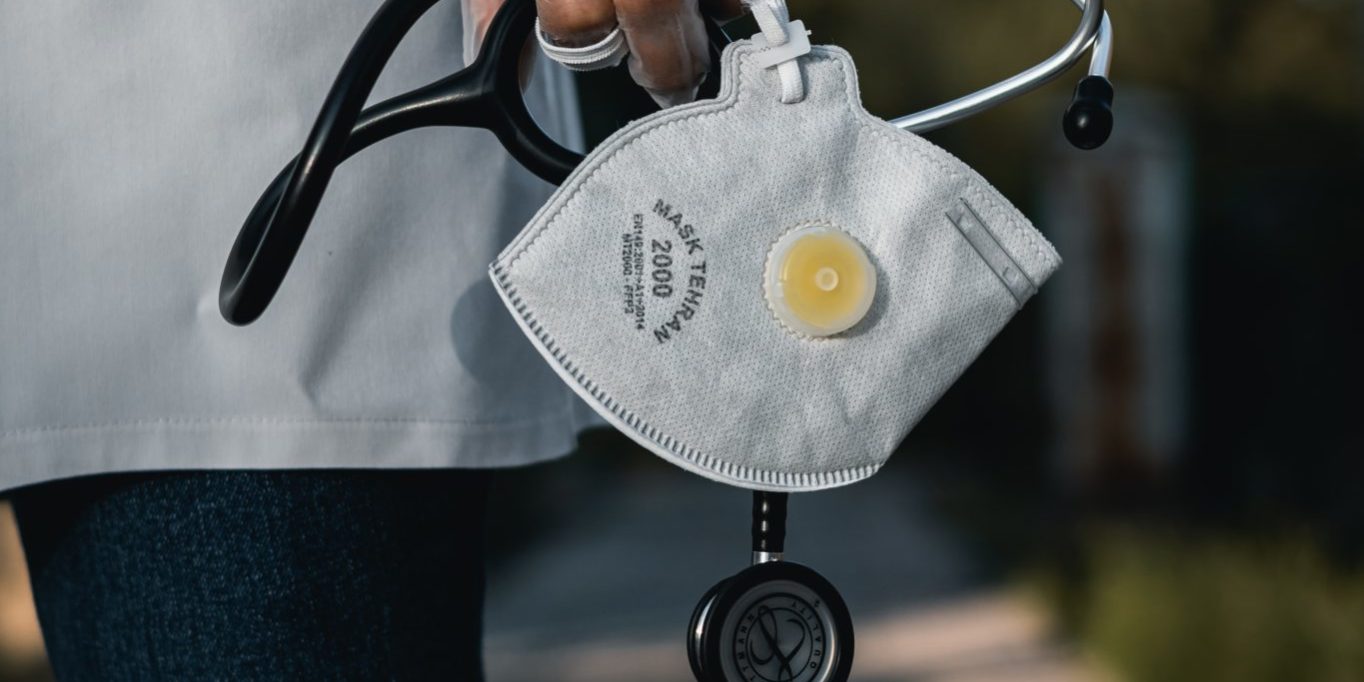For several weeks now, the world seems “off”, suspended for the duration of this totally unprecedented health crisis. In this context, we wanted to have the opinion of a professional, general practitioner, pediatrician and specialist in tropical medicine.
An opinion on the “during” and “after” Covid, and on the definition of what we call “globalized health”. An enriching point of view, which we, as providers of “health without borders”, are delighted to share today.
1. As a general practitioner, what types of patients affected by Covid19 are you confronted with?
The particularity of this virus is that it affects everyone, regardless of age, sex, social background, etc. It is a virus that can be transmitted by any means. While there are of course populations more “at risk” such as the elderly or those with a medical history, I have seen in my practice over the last few weeks that no one is spared with patients – affected in a benign form – aged from 11 months for the youngest to 70 years for the oldest, with a 50-50 split between men and women. Concerning the profiles, some have no medical “liabilities” at risk, others yes, some are rather sedentary, others very sporty, etc. etc. There is therefore no typical “patient profile”.
2. What will change in the coming weeks: deterioration/improvement/stabilization?
In my practice, I have noticed a marked drop in cases from the second week of confinement (the first week still includes cases from the period prior to confinement), a trend that is also visible among my colleagues. But despite this slowdown, the eradication of the virus is not yet a reality. What we can say is that the correlation between the strict measures in force (barrier, containment or semi-confinement measures) and the decrease in the number of infected people is clear.
3. The Covid19 , global/international, is totally new. Can we therefore speak of a medicine that is also globalized via the exchange of information between countries, or do we remain in a predominantly national/state-based care scheme (with each country applying its own processes/methods)?
On the whole, each country applies its own health policy. This can be explained in particular by the differentiated – and delayed – evolution of the pandemic, but also by health systems that differ greatly from one country to another. Although there is a transversality, it is still in the minority, as in the case of the transport of some patients from France to Switzerland.
4. What lessons can you draw from this crisis in terms of medical management?
One of the first lessons is the lack of anticipation, preparation and resources in the face of a pandemic. However, the scenario we are experiencing could have been predicted following SARS in 2003, the H1N1 flu in 2009 and other recent epidemics. But as long as we ourselves have not been affected, it is always difficult to plan ahead and take appropriate measures beforehand, at the risk of underestimating the seriousness of the situation. In a globalized world where people travel everywhere and at all times, health and related risks transcend borders. Preparation has therefore become vital in all areas: logistics, training of health personnel, equipment capacity, etc.
The second lesson is that this crisis is indicative of the deficiencies in the health systems of many countries. A post-crisis inventory will have to be made in order to try to fill them as well as possible, to be ready not only for a new crisis, but especially for daily medical emergencies outside the pandemic context.
Finally, the last lesson is that we must all work today to find solutions to set up more exchanges between countries, whether on repatriation measures, medical research, or communication between health services and other important players. Because, once again, while each country has its own particularities, health today is globalized!








